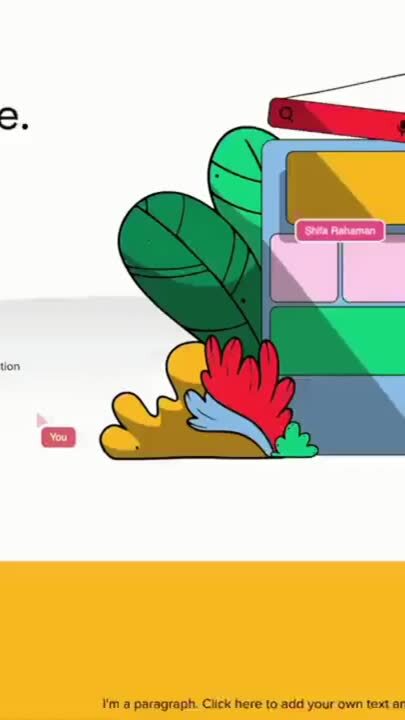Did you know 89% of your customers will switch to your competitor after a bad experience?
The costs of bad customer experience (CX) are high. Luckily, the benefits of good CX are even higher:
- Get ground truth product feedback
- Build meaningful customer relationships
- Increase customer lifetime value and retention
Customer success engineers are the ones who make this happen. They meet customers when they're most irritated (dealing with technical issues) and help them achieve their promised objective.
This post will explain what customer success engineers do, how they help businesses retain customers, and what separates the good ones from the great.
We won’t cover what customer success is in this post or why it’s so important, but you can read our other articles for more information.
This one is an excellent refresher on the difference between customer experience and success!
What is a customer success engineer?
A Customer Success Engineer (CSE) has one primary goal:
Ensure customers achieve their desired outcomes using your product or service.
An effective CSE will increase customer satisfaction, reduce churn, and drive growth for your business. These professionals are the technical arm of the customer success team, and are usually tasked with:
- Troubleshooting product-related issues
- Providing customer training
- Translating customer feedback into actionable product development insights
CSEs are vital for businesses offering complex products or services, like software companies or technology firms
They ensure customers can utilize these products to their full potential. As a conduit between the customer and the technical team, they also enhance the product based on customer needs.
Within the larger context of a customer experience and customer success team, a CSE acts as a bridge: linking customer needs to the product's features and technical capabilities.
Customer success engineer vs. customer success manager: the differences
While both roles are integral to a churn-resistant customer experience, the responsibilities of a Customer Success Engineer and a Customer Success Manager (CSM) differ significantly.
Each brings unique skill sets to the table; understanding these differences is crucial for businesses looking to build out a comprehensive customer success team:
- Scope of work: A customer success engineer serves as a technical liaison, helping customers navigate any potential complexities associated with the product. A CSM focuses more on building relationships and ensuring customer satisfaction.
- Collaborators: A CSE usually works with the product development team, translating customer feedback and technical insights into enhancements or bug fixes. A CSM may work more closely with sales and marketing teams to identify revenue opportunities.
- Goals: A CSE may have specific metrics related to product usage or issue resolution, while a CSM may have targets for upselling, cross-selling, or overall revenue growth.
Customer support engineer job description: what do customer success engineers do?
On a day-to-day level, customer success engineers work closely with customers to ensure their satisfaction and troubleshoot any technical issues they face. They act as the primary point of contact for customers who are frustrated and confused, building strong relationships and advocating for their needs within the company.
Here's a preview of what a CSE's daily to-do list might contain:
Assessing problems
CSEs must be able to quickly and accurately assess a customer's issue, determining whether it can be resolved through existing resources or needs further escalation.
They need:
- Technical knowledge
- Excellent listening skills
- The ability to think on their feet
Identifying and assessing technological solutions
CSEs must also have a strong understanding of their company's products and services and knowledge of any third-party tools or integrations that may be involved.
They use this knowledge to identify and implement solutions for customer issues, whether that be through troubleshooting or recommending additional features or services.
Troubleshooting and solving existing problems
CSEs directly help customers with technical issues, using their product expertise to minimize the negative impact on customer experience.
This involves:
- Using remote desktop or co-browse tools
- Conducting tests or simulations
- Coordinating with other teams within the company
Working with cross-functional teams
To effectively solve customer issues and improve their overall experience, CSEs must collaborate with teams across the company.
- Working with product development to address recurring problems
- Providing feedback for improvements
- Coordinating with sales and marketing to communicate any updates or changes impacting customers
Communicating with customers
Clear and effective communication is a core skill for CSEs. They must be able to explain technical solutions in common terms and provide updates on the status of their issues.
Providing on-call support
CSEs may also be responsible for providing on-call support outside of regular business hours.
- Calmly responding to urgent issues
- Troubleshooting problems remotely
- Escalating issues to the appropriate team members
Maintaining records and writing reports
CSEs should keep detailed records and session replays of all customer interactions and solutions provided. Why?
- Your success team can track recurring issues
- It's invaluable feedback for product development teams
- They serve as training material for new team members
CSEs may also be responsible for reporting on the number of resolved cases and response times.
Customer success engineer skills
It's time to dive into the specific skill set that makes a successful CSE.
The role of a CSE requires a unique blend of proficiencies. In the upcoming section, we'll split these skills into two categories: soft and hard.
Soft skills
Customer Success Engineers interact with customers every day. For many customers, they're the face and voice of your brand.
Soft skills help build meaningful relationships with these clients, understand their needs, and convey complex technical information in simple terms.
- Critical thinking and problem solving: A customer success engineer is responsible for identifying problems in CX and implementing technical solutions to achieve customer objectives. CSEs must think critically, analyze complex situations, and develop practical solutions to do this.
- Empathy: CSEs should be able to empathize with customers' frustrations while keeping a level head. Empathy and active listening help establish trust with the clients, making it easier to provide effective solutions.
- Communication: Good communication skills are imperative for CSEs as they interact daily with customers, internal teams, and stakeholders. CSEs should be able to distill complex technical concepts into natural terms customers can understand.
- Customer-centric attitude: CSEs must have a customer-centric mindset and prioritize the customers' needs above all else. This requires understanding the customer's perspective, anticipating their needs, and going above and beyond to provide exceptional service.
Technical skills
Unsurprisingly, customer success engineers (CSEs) need technical skills to bridge the gap between customers and technical teams.
- Debugging: A CSE should know how to debug common issues. They can employ user session replays or check console logs to identify the root cause of an issue. This skill helps CSEs quickly resolve simple problems without escalating them to technical teams.
- Product knowledge: They should know its technical capabilities, limitations, and best practices inside out. This allows them to provide accurate information and recommendations to customers.
- Proficiency with Application Programming Interfaces (APIs): CSEs often need to troubleshoot issues related to APIs. They must have a robust understanding of APIs and their integration with the product or service.
- Familiarity with SDLC methodologies: CSEs should understand software development life cycle (SDLC) methodologies, such as Agile or Waterfall. This enables them to work closely with the technical team so no customer insights are lost in translation.
Customer success engineer educational qualifications
The educational foundation for a Customer Success Engineer (CSE) role often begins with a degree in Engineering or a related field that encompasses software-centric products and services.
Potential employers generally look for individuals with at least two years of related product or sales experience. This experience often provides hands-on exposure to real-world scenarios, honing the individual's technical expertise and customer-centric skills.
Customer success engineer salary
According to Salary.com, CSEs in the United States are paid (on average) just under $92,000 in annual salary, with the majority earning between $82,100 and $102,091. The highest-earning customer success engineers make upwards of $111,000 yearly.
Wrapping things up
- Customer Success Engineers (CSEs) are pivotal in ensuring customer satisfaction by troubleshooting technical issues, translating product feedback into development insights, and improving product use.
- CSEs focus on technical aspects and collaborate closely with product development teams, requiring skills like critical thinking, technical knowledge, and customer communication.
- Typically holding an Engineering degree and having at least two years of related experience, CSEs in the U.S. earn an average annual salary of around $92,000, a sign of their growing importance in customer retention and business growth.
CSEs are an indispensable part of the modern customer experience team. They bridge the gap between technical and non-technical, ultimately driving business growth.
Sources used:
Sources last checked on: 28-Nov-2023


.png)

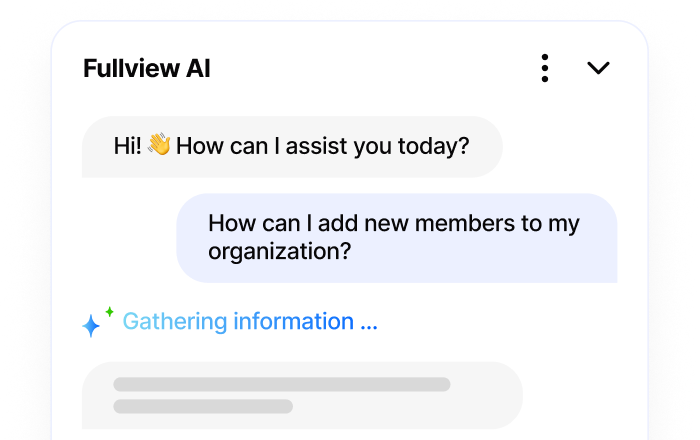
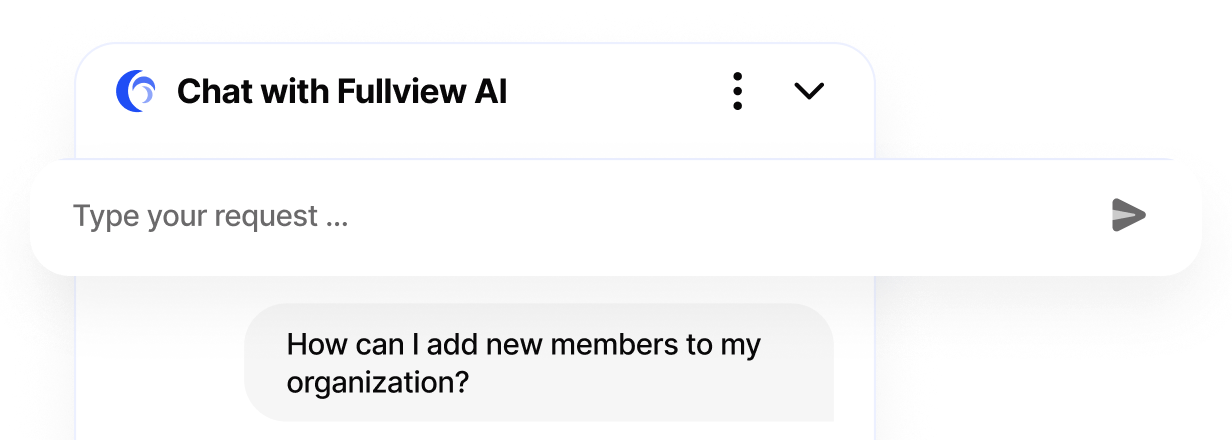
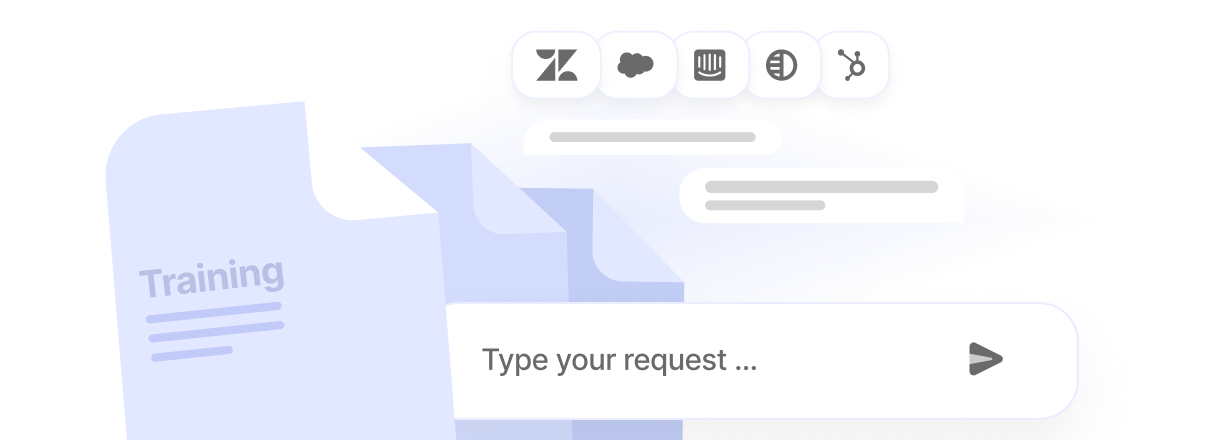
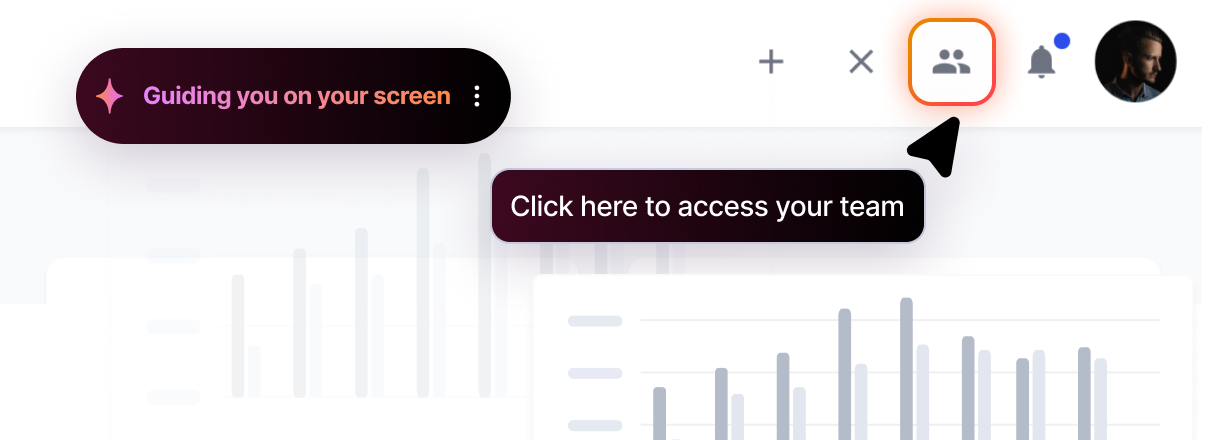
.webp)
